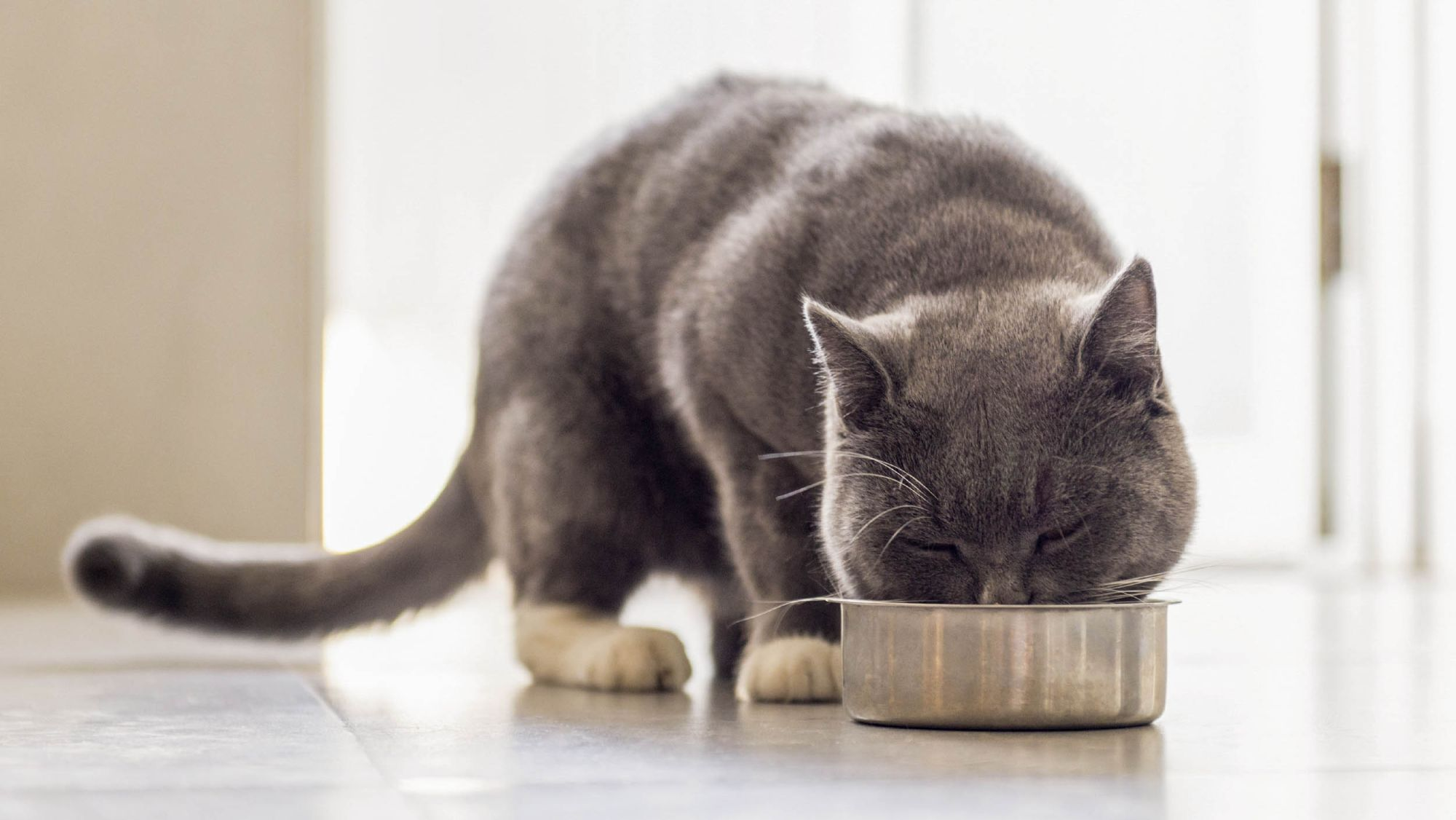Why taurine is so important for cats and dogs
Article

What are nutrients?
Nutrients fall into two broad categories:
- Macronutrients—protein, fat, and carbohydrates should form the majority of the diet.
- Micronutrients—these include vitamins and minerals and are essential but needed in much lower quantities.
Nutrients have four key jobs:
- Build and maintain the body: Muscles, hair, and skin are made from protein, for example.
- Give energy: Carbohydrate, fat, and protein enable the body to create heat, movement, and other forms of energy.
- Start and control processes: Iron, for example, is used in red blood cells to help transport oxygen around the body.
- Nourish and protect the body: Some nutrients promote health and help fight the effects of aging and others aid recovery.
Taurine benefits
Taurine is an amino acid found in tissues and organs throughout the body, including the muscles, heart, brain, and retina. Unlike most amino acids, taurine doesn’t create protein in cells but it does play many other important roles. For example, it:
- Helps Strengthen the heart.
- Supports healthy blood flow.
- Supports the retina and vision.
- Promotes reproductive health.
- Has an antioxidant effect that helps protect against the signs of aging.
The benefits of taurine for cats
Taurine is essential to include in your cat’s diet because they can’t produce it themselves. If a cat’s food is too low in taurine they become deficient in it, which can cause a variety of serious health problems.
It can, for example, lead to their retinas degenerating and them becoming blind. It can slow their growth and affect their ability to reproduce. In cats there’s also a link between taurine deficiency and a heart condition called dilated cardiomyopathy (DCM).
How much taurine do cats need?
For commercial pet food, the minimum taurine requirement for adult cats is 25 mg/100 kcal of dry food and 50 mg/100 kcal for canned foods (The Association of American Feed Control Officials Publication, 2021). However, taurine requirements can vary per cat, so it’s always best to consult your veterinarian if you’re worried that your cat isn’t getting enough.
The benefits of taurine for dogs
Dogs have the ability to make taurine from two other amino acids—cysteine and methionine. For this reason, it’s not considered essential in their diet. However, because of the many health benefits it offers, taurine can still be an important nutrient to include in canine diets. Especially as some dogs can become taurine-deficient.
How much taurine does a dog need?
Taurine requirements haven’t been formalized for commercial dog food. If you’re concerned your dog may be deficient, or you want advice on how much taurine your dog needs in their diet, please ask your veterinarian.
Signs of taurine deficiency in cats and dogs
As taurine has such wide-ranging health benefits, the signs that your cat or dog is deficient in it can vary and may include:
- Poor eyesight
- Stunted growth
- Difficulty breathing
- Heart disease
- Deafness
If your cat or dog is presenting any of these signs, or you have any other concerns about their health, it’s always best to take them to the veterinarian for a check-up.
How to include taurine in a cat or dog’s diet
The food sources of taurine are meat and poultry (including internal organs such as liver and kidney), seafood and eggs—it’s not found in plant foods. At Royal Canin, all our food for dogs and cats include taurine as part of a carefully balanced nutritional mix designed for each specific breed or health requirement.

We know that the quality, as well as the quantity, of a cat or dog’s dietary protein may play a role in preventing taurine deficiency and other health concerns, so Royal Canin uses highly digestible proteins. This helps your pet to absorb as many nutrients as possible from their food. To find out more about Royal Canin diets, browse our ranges or speak to a pet care professional.
Related Articles
Royal Canin’s approach to nutrition
Browse our product ranges
Like & share this page